Will JB Weld Work on a Gas Tank?
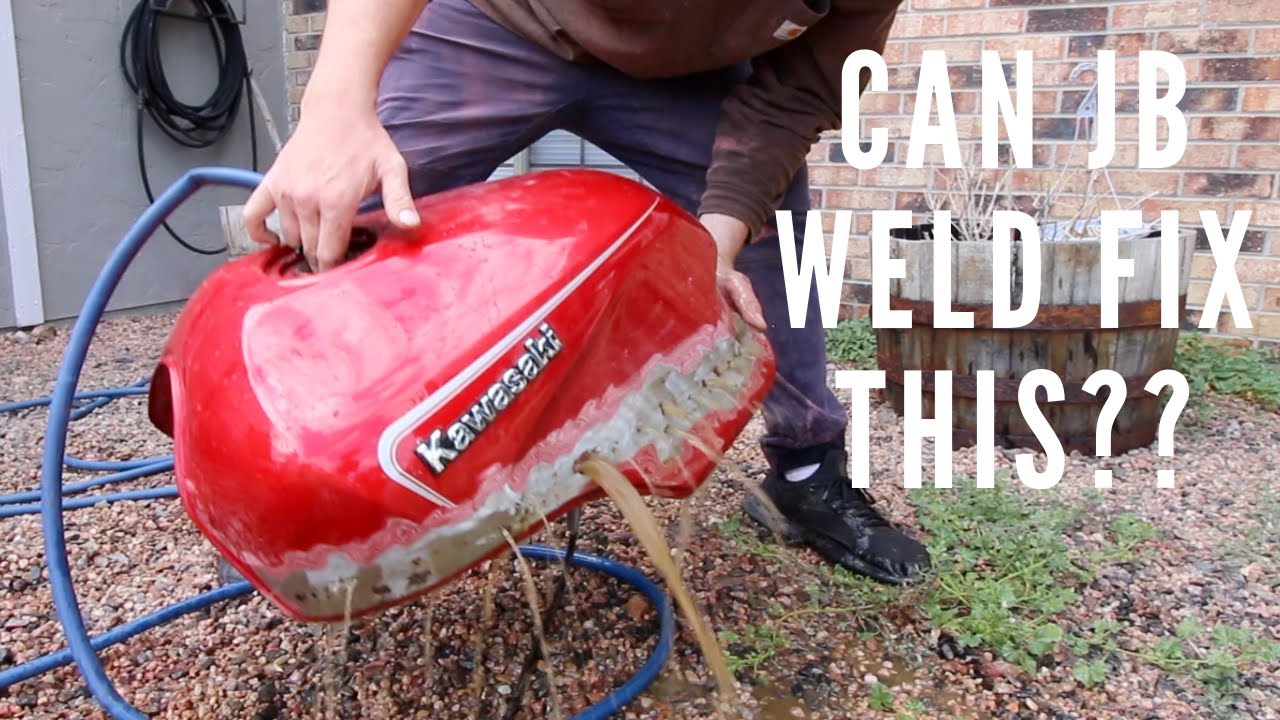
When it comes to repairing a gas tank, you need a solution that can withstand the harsh environment of gasoline and constant pressure. JB Weld is a well-known brand in the world of adhesives, but is it a reliable fix for a leaking gas tank? Let’s dive into the details of using JB Weld for gas tank repairs.
What is JB Weld?
JB Weld is a popular epoxy adhesive designed to bond, fill, and seal a variety of materials, including metal, plastic, and wood. It’s widely known for its strength and durability, capable of withstanding high temperatures and pressure. JB Weld is commonly used for automotive repairs, but can it handle the challenges posed by gasoline and a pressurized tank?
Can JB Weld Be Used to Repair a Gas Tank?
1. Short-Term Fix
- Temporary Solution: JB Weld can work as a temporary solution for minor cracks or pinhole leaks in your gas tank, especially in areas that are not exposed to direct fuel flow. However, it’s important to note that while JB Weld can seal a leak, it’s not designed to hold up over long periods under constant exposure to gasoline.
- Effectiveness: Many people have successfully used JB Weld to seal minor leaks in their gas tank to get their vehicle to a shop for a more permanent fix. It is a convenient and quick way to stop the leak temporarily.
2. Fuel Compatibility
- Resistance to Gasoline: JB Weld is resistant to most automotive fluids, including gasoline, and can endure brief contact with fuel without dissolving. However, over time, repeated exposure to gasoline could cause the epoxy to break down, weakening the bond. For this reason, JB Weld is not recommended for long-term repairs in areas that are constantly in contact with fuel.
3. Application Method
- Surface Preparation: Before applying JB Weld, it’s essential to clean and dry the area around the leak. Any dirt, rust, or moisture could interfere with the bond. Use sandpaper or a wire brush to remove rust, dirt, and old fuel, then dry the area thoroughly before applying the epoxy.
- Proper Curing: After applying JB Weld, allow it to cure completely before using the vehicle. Curing typically takes 4 to 6 hours at room temperature, but for maximum strength, it’s best to wait 24 hours before exposing the repair to gasoline.
Limitations of Using JB Weld on Gas Tanks
1. High Pressure Areas
- Not Suitable for High-Pressure Leaks: If your gas tank has a major crack or is leaking from a high-pressure area (like a fuel line or the tank’s seam), JB Weld is not designed to withstand the pressure and could fail. In these cases, a professional repair or replacement is necessary.
2. Fuel Vapors
- Exposure to Vapors: While JB Weld can resist gasoline exposure, it’s important to avoid sealing the leak in a way that traps fuel vapors. Trapped vapors can be dangerous and lead to fire hazards.
Permanent Solutions for Gas Tank Leaks
If you are dealing with a significant or persistent leak, JB Weld may only offer a temporary fix. A permanent solution would involve:
- Welding: A professional welder can repair metal tanks, ensuring that the tank is sealed and safe for use.
- Tank Replacement: In some cases, the best solution is replacing the damaged tank entirely to avoid future issues.
- Specialized Fuel Tank Repair Kits: Some kits are designed specifically for repairing gas tanks and are more reliable for long-term use compared to general-purpose epoxies.
When Should You Replace a Gas Tank?
If the damage to the gas tank is too extensive, or if there are concerns about the tank’s structural integrity after repeated repairs, replacing the gas tank is the safest option. A damaged gas tank can pose serious safety risks, such as fuel leaks, fire hazards, or engine failure.
Conclusion
JB Weld can work as a temporary solution for minor leaks in your gas tank, but it’s not recommended for long-term or high-pressure repairs. While it is resistant to gasoline, continued exposure to fuel can cause the epoxy to break down over time. For a more permanent and reliable solution, it’s best to seek professional help for welding or replacing the gas tank.
FAQs
1. Can I use JB Weld on a gas tank permanently?
- No, JB Weld is not recommended for permanent repairs on a gas tank. It may work temporarily for minor leaks, but continued exposure to gasoline can weaken the bond over time.
2. How long does JB Weld last on a gas tank?
- JB Weld can last for a while, but it is best suited for short-term repairs. Depending on the location and severity of the leak, it could last anywhere from a few weeks to a few months before failing.
3. Can JB Weld withstand gasoline pressure?
- JB Weld is not designed to withstand the pressure of gasoline flowing through the tank. It is best for small, non-pressurized leaks.
4. Should I replace my gas tank if it has a large crack?
- Yes, if the gas tank has a significant crack or leak, replacing the tank is the safest and most permanent solution to avoid safety risks.
Also Check:


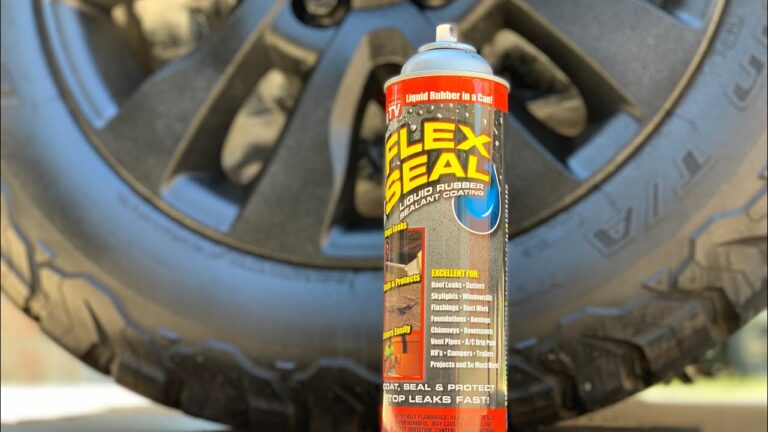
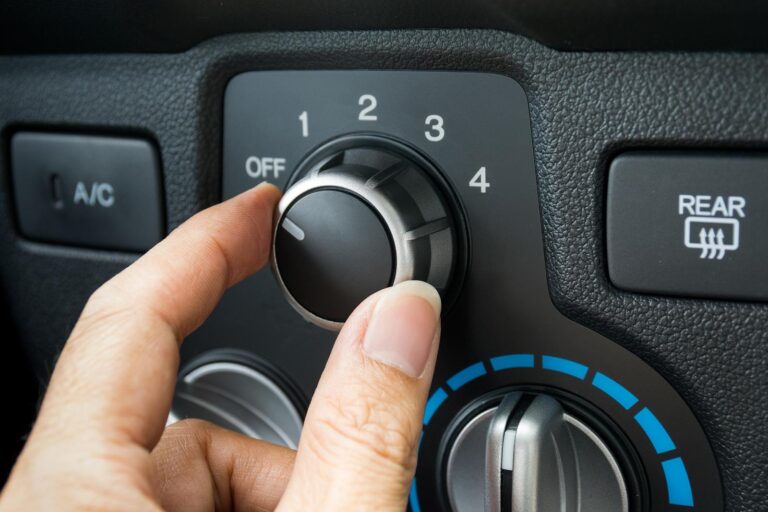
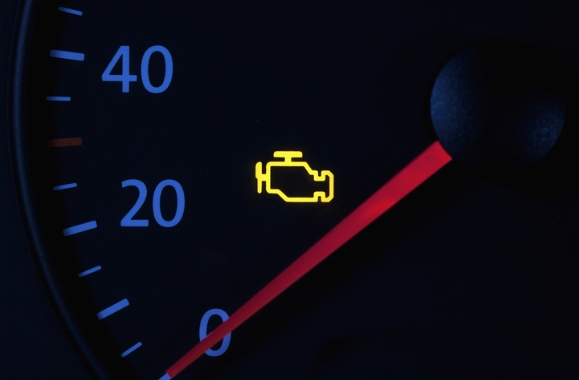
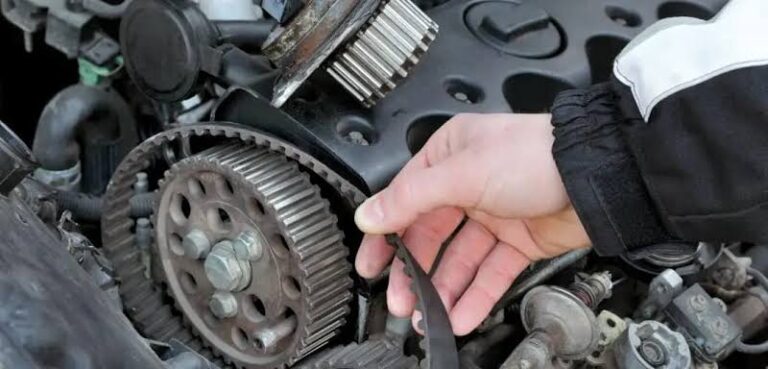
2 Comments